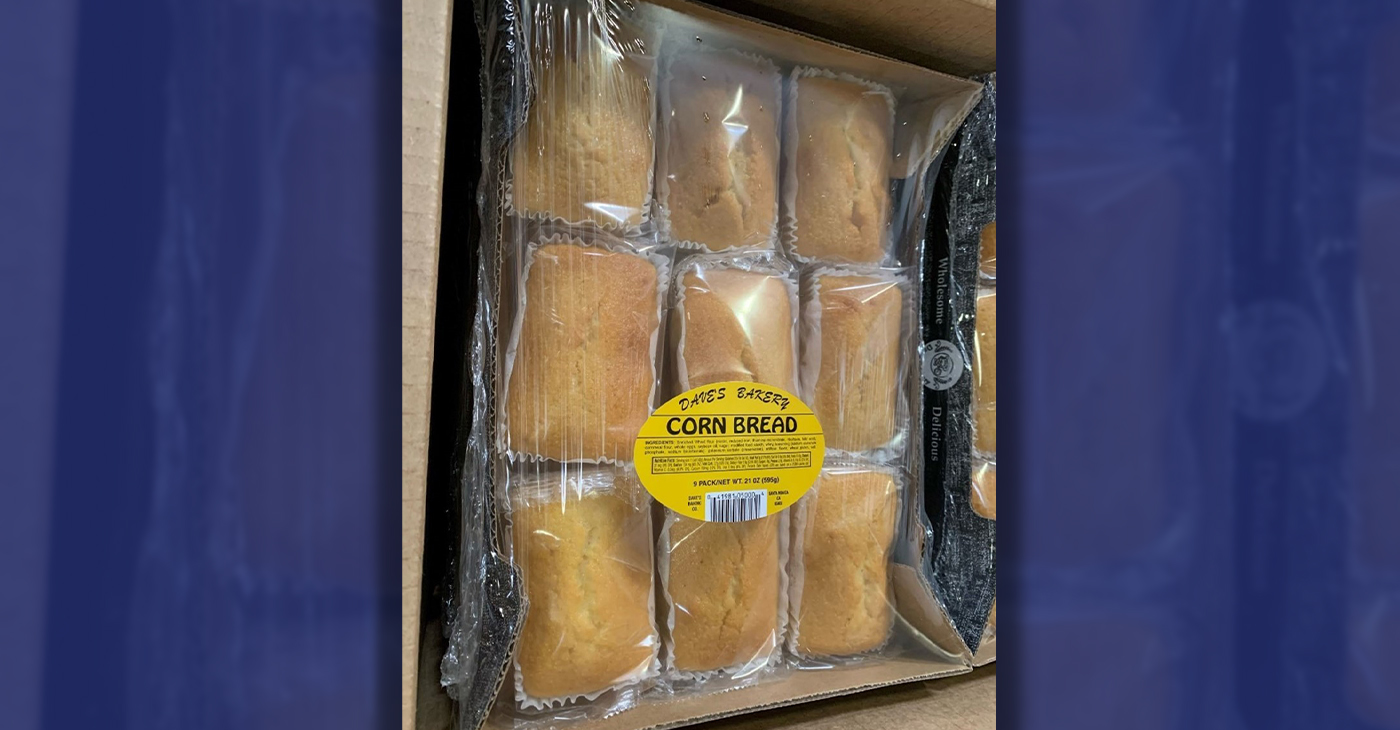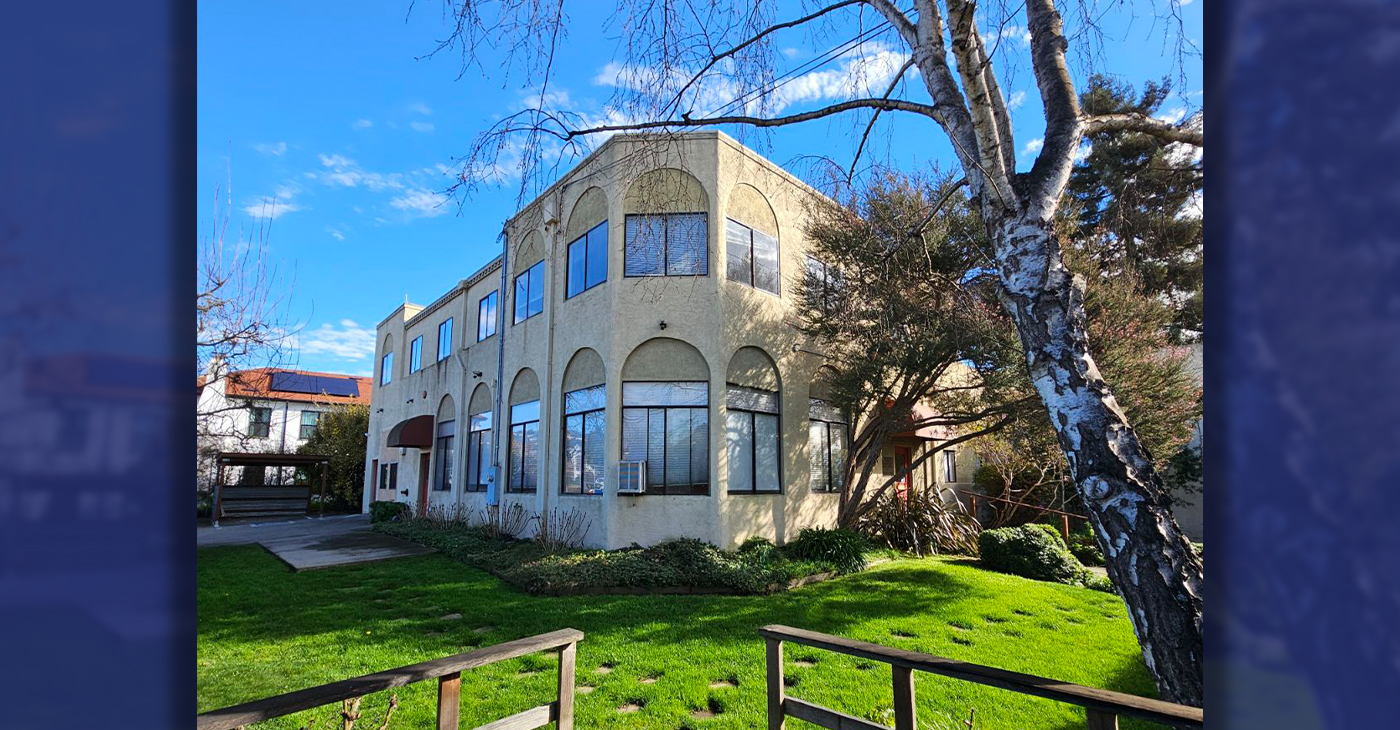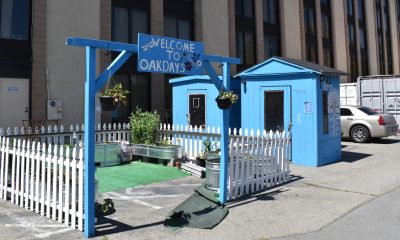Health
Advocates to State Senate: Diabetes Patients Can’t Afford to Wait on “Life-Saving” Bill

California Black Media
A group of doctors, some African American healthcare advocates as well as Californians living with diabetes are asking the state Senate to take up — and quickly vote on — an “urgent” public health bill that lawmakers have put on ice.
If passed, the legislation would place a $50 cap on monthly copayments insurers require diabetic patients to cover when buying their insulin treatments.
Dr. Bill Releford, a podiatrist in Inglewood who specializes in helping diabetics with circulation problems thereby reducing amputation rates, shared the story of Jamal M.
Every day, Jamal M. is faced with tending to the hard-to-heal lesion so that his foot will not have to be cut off while managing the underlying medical condition he has learned to live with despite the challenges. But to stay on top of them, Releford says, Jamal M. has to keep up with costly co-payments for doses of the life-saving insulin that his doctor prescribes.
Unfortunately, Jamal M. can’t afford his share of the cost for his insulin, which falls between $400 to $500 per month.
“Jamal M. was splitting his insulin dosages in half” in an attempt to curb the medical cost to purchase the synthetic hormone that regulates his blood sugar, Releford told California Black Media.
“It really wasn’t working,” Releford explained.
To give a financial lifeline to Californians like Jamal M. — people seemingly caught between dollars and a deadly disease — state Assemblyman Adrian Nazarian (D-Van Nuys) introduced Assembly Bill (AB) 2203 in February.
“I know that this uncertain time during COVID-19 pandemic is difficult for us, and many Californians are struggling to survive,” Nazarian said. “My bill AB 2203 aims to help Californians with diabetes by lowering the out-of-pocket costs for insulin so they can stick to their treatment plan outlined by their physician.”
The Assembly Health and Appropriations committees voted separately to move the legislation forward with a combined 25-0 yes vote earlier this year. And although the full Assembly voted June 8 to pass the bill with 64-4, the Senate Health committee, which Dr. Richard Pan (D-Sacramento) chairs, has not yet considered the bill that diabetes advocates have labeled “life-and-death” legislation.
The average annual cost per diabetes patient for insulin was $5,705 in 2016, reports SingleCare, an online company that offers pharmacy discounts to registered members. Currently, one vial of insulin could cost up to $250.
Releford, like other African American advocates, says, because diabetes is a co-morbidity that can cause death among COVID-19 patients, keeping his patients healthy is more critical right now than ever.
Diabetes-related coronavirus complications account for over 30% of the current hospitalizations for patients 35 and older in California. As of early June, the blood-sugar disorder was also the second leading contributing cause of COVID-19 deaths, according to a UCLA study. The first, at that time, was hypertension.
“According to the Centers for Disease Control, diabetes is a significant underlying medical condition that increases risk of serious COVID-19 complications,” the study reads.
For Diabetes patients, the UCLA study reports that COVID-19 fatalities are double their percentage of the general population.
California Black Media (CBM) contacted Dr. Pan’s office to inquire why the Senate has not yet scheduled a hearing for AB 2203.
Shannan Velayas, a spokesperson for Dr. Pan, who is a practicing pediatrician, said there are some “policy issues” with AB 2203 that still need to be resolved.
“Dr. Pan has worked to improve chronic disease management, including diabetes and access to medication throughout his entire career,” Velayas wrote to CBM in an email. “Unfortunately, because of COVID-19, we are unable to properly vet this bill at this current time for all of its potential issues, including those raised by the Administration in the context of both existing law and other proposals to improve access to insulin for people with diabetes.”
On Monday, July 27, the Dept. of Managed Health Care (DMHC) sent a letter to Nazarian stating that it “regrets to inform you that it (DMHC) has taken an ‘Oppose Unless Amended position’ on AB 2203.”
“Existing law already places comprehensive cost-sharing limits on all outpatient prescription drugs, and the DMHC believes that any changes to cost-sharing should be considered holistically among all prescription drugs. The DMHC requests removing the cost-sharing limit,” Mary Watanabe, DMHC’s acting director said in the letter to Nazarian.
The Association of California Life (ACL), the California Association of Health Plans (CAH) and several health insurance companies have all stated their opposition to AB 2203.
“It sets a precedent that treats one class of drugs differently as it creates a special category for insulin,” those groups wrote in a joint statement. “This inevitably will increase the cost of premiums for all insureds and enrollees by inappropriately socializing the cost of these drugs against all rate payers.”
If passed by the Senate and signed into law by Gov. Newsom, AB 2203 would apply to anyone with an individual, group, or non-employer insurance plan. Besides the $50 cap on the copay, AB 2203 would authorize the California Attorney General to investigate the pricing of insulin to ensure protection for consumers.
Aldon Thomas Stiles contributed to the reporting for this article.
Community
Calif. Dept. of Public Health: Got Milk Allergies? Don’t Eat Dave’s Bakery Cornbread
The California Department of Public Health (CDPH) issued a warning on Jan. 26, instructing consumers with milk allergies or “severe sensitivity to milk” in the state to not eat Dave’s Bakery Corn Bread due to “risk of illness.” The CDPH warns that consumption of the corn bread manufactured by a Gardena-based company — with expiration dates up to June 18, 2024 — may lead to “life threatening” reactions.

By California Black Media
The California Department of Public Health (CDPH) issued a warning on Jan. 26, instructing consumers with milk allergies or “severe sensitivity to milk” in the state to not eat Dave’s Bakery Corn Bread due to “risk of illness.”
The CDPH warns that consumption of the corn bread manufactured by a Gardena-based company — with expiration dates up to June 18, 2024 — may lead to “life threatening” reactions.
“This warning applies only to the Corn Bread produced by Bake R Us, DBA Dave’s Baking Company and distributed to schools, retail facilities and in vending machines primarily in southern California,” the DCPH statement reads.
“This product should not be confused with other similarly named companies with national distribution,” it continues.
According to the CDPH, although the corn bread product contains whey, which is a milk allergen, there is no allergy warning label on the packaging, though it is required by state law.
So far, authorities say, no illnesses have been reported in the state, but if anyone finds the products on sale anywhere in the state, they should call the CDPH complaint hotline at (800) 495-3232 or file a report online at CDPH.ca.gov
The CDPH is also recommending that people who have eaten the product and are experiencing any reaction or ill effects should consult their health care provider.
Bay Area
East Bay Regional Park District Issues Rattlesnake Advisory
The East Bay Regional Park District released an advisory today on rattlesnakes, which emerge from winter hibernation in early spring and become more active. Warm weather can bring more potential for rattlesnake encounters with humans and dogs, particularly along trails and roads.

The Richmond Standard
The East Bay Regional Park District released an advisory today on rattlesnakes, which emerge from winter hibernation in early spring and become more active.
Warm weather can bring more potential for rattlesnake encounters with humans and dogs, particularly along trails and roads.
Visitors are encouraged to avoid hiking alone in case of an emergency, to scan the ground ahead as they walk, jog or ride, stay on trails avoiding tall grass, and to look carefully around and under logs and rocks before sitting down. Keep your dog on your leash to be extra safe, park officials said.
If you encounter a rattlesnake, leave it alone – it is unlawful to capture or harm one. Move carefully and slowly away or around it and give it plenty of space, park officials said.
Those who are bitten by a rattlesnake are instructed to stay calm by lying down with the affected limb lower than the heart, then having someone call 911.
Getting medical attention is critical.
Those bitten should not use tourniquets, “sucking,” or snake bite kits. If you are by yourself, walk calmly to the nearest source of help to dial 911, do not run.
If bitten by any other type of snake, wash the wound with soap and water or an antiseptic and seek medical attention.
Not sure what bit you? Check the bite for two puncture marks (in rare cases one) associated with intense, burning pain, which is typical of a rattlesnake bite. Other snakebites can leave marks without associated burning pain.
The Northern Pacific rattlesnake is the species found in East Bay Regional Parks. Snakes are important to the natural environment, helping to control rodents and other reptile populations. But enjoy them from afar.
For more information, download the Park District’s Common Snakes brochure or watch our Gopher Snake or Rattlesnake video to learn how to tell the difference between rattlesnakes and gopher snakes. Additional information is available at ebparks.org/safety/wildlife-encounters.
Alameda County
A Safe Place, Bay Area Domestic Violence Community Organization, Opens New Service Center in Oakland
Oakland-Bay Area non-profit, A Safe Place, announces the grand opening of its newly purchased building in Oakland that will be a service center for families that have suffered from domestic violence. The new, two-story building has over six new service rooms for counseling, mental health support groups, legal services, children’s treatment, safe space for community engagement, and partnership activities.

By Courtney Slocum Riley
Special to The Post
Oakland-Bay Area non-profit, A Safe Place, announces the grand opening of its newly purchased building in Oakland that will be a service center for families that have suffered from domestic violence.
The new, two-story building has over six new service rooms for counseling, mental health support groups, legal services, children’s treatment, safe space for community engagement, and partnership activities.
Domestic violence occurrences and offenses account for a considerable amount of all violent crimes in Alameda County. A Safe Place is attempting to provide a safe place for families to heal. A Safe Place is the only comprehensive domestic violence assistance program including a safehouse, in Oakland.
The grand opening celebration will also serve as a fundraiser to build out healing, therapeutic spaces for children and adult victims and survivors and survivors of domestic violence (male and female).
The new service center will expand the work of the organization, founded in 1976 when a group of women working in San Francisco came together to address the urgent need for a shelter in the East Bay. A year later, they founded A Safe Place (ASP) in Oakland. Run solely by volunteers, they set up a crisis line to offer crisis counseling and information to battered women and their children.
The organization serves over 500 adults and children annually through a host of services including crisis counseling via 24-hour crisis line, emergency motel and safehouse sheltering, mental health services (counseling and support groups).
Under the leadership of Executive Director, Carolyn Russell, the organization has grown from a single program into the comprehensive domestic violence and assistance program. ASP strives to meet the growing and diverse needs of our growing community.
The organization hopes to complete all the upgrades and therapeutic room improvements by August 2024. The public is invited to donate to the effort by using the website at www.asafeplace.org/donate. The organization also accepts in-kind gifts as well as items from the organization’s Amazon Wishlist.
-

 Community3 weeks ago
Community3 weeks agoFinancial Assistance Bill for Descendants of Enslaved Persons to Help Them Purchase, Own, or Maintain a Home
-

 City Government5 days ago
City Government5 days agoCourt Throws Out Law That Allowed Californians to Build Duplexes, Triplexes and RDUs on Their Properties
-

 Business3 weeks ago
Business3 weeks agoV.P. Kamala Harris: Americans With Criminal Records Will Soon Be Eligible for SBA Loans
-

 Activism2 weeks ago
Activism2 weeks agoOakland Post: Week of April 24 – 30, 2024
-

 Activism4 weeks ago
Activism4 weeks agoOakland Post: Week of April 10 – 16, 2024
-

 Community3 weeks ago
Community3 weeks agoAG Bonta Says Oakland School Leaders Should Comply with State Laws to Avoid ‘Disparate Harm’ When Closing or Merging Schools
-

 Community3 weeks ago
Community3 weeks agoRichmond Nonprofit Helps Ex-Felons Get Back on Their Feet
-

 Community3 weeks ago
Community3 weeks agoOakland WNBA Player to be Inducted Into Hall of Fame
























































